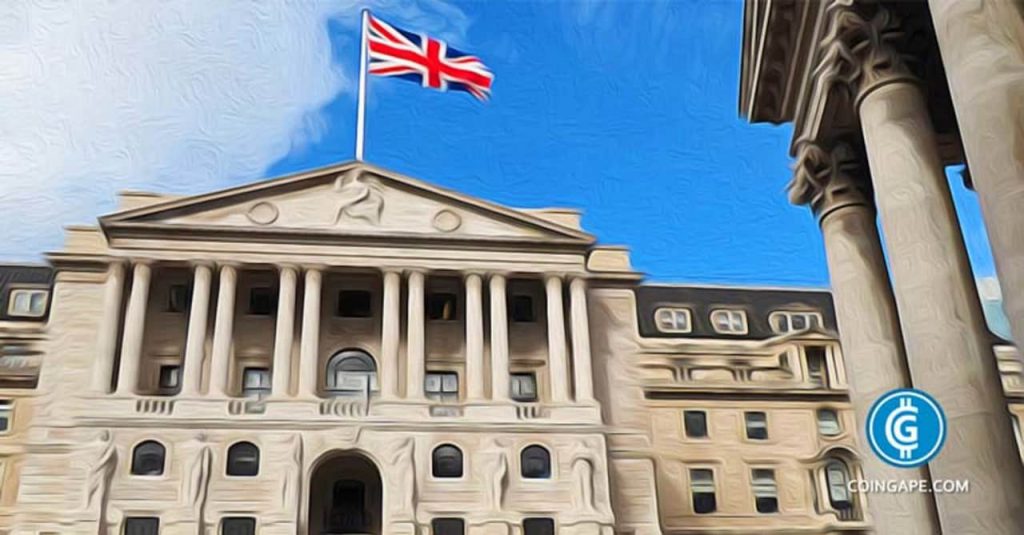Bank of England (BOE) Governor Andrew Bailey on Monday raises concerns over the rising criminal scams involving crypto in the UK, as well as, worldwide. The regulators are trying to prevent any crypto-related criminal activities such as scams, frauds, and money laundering. However, he also agreed with the technological innovation advantage cryptocurrencies offer in the field of the financial services.
BOE Governor Attacks Crypto Over Rising Scams
During a “Stop Scams” conference, organized by the Bank of England, BOE Governor Andrew Bailey said cryptocurrencies have promoted scams and frauds, especially cybercrime, making criminals remain unknown or hidden. The regulators are trying to prevent that through regulations and rules on crypto companies and investors.
“You only have to ask the question: What do people committing ransom attacks usually demand payment in? The answer is crypto.”
The Financial Conduct Authority (FCA) had approved 33 crypto companies for permanent registration. Thus, allowing only a limited number of companies to continue offering crypto services in the country. Recently, the regulatory body extended the March 31st deadline for temporary registration of some companies. It gives some time for crypto firms to work for attaining a full registration.
The FCA has maintained its tough stance on crypto regulations as demand for crypto grows in the region. Moreover, it has compelled crypto companies to comply with strict rules, including anti-money laundering rules.
However, despite the extension of the deadline, crypto companies warn of moving their operations abroad due to strict crypto regulations.
Andrew Bailey’s Negative Stance On Crypto
Bank of England’s (BOE) Governor Andrew Bailey has maintained its negative stance on crypto. Previously in 2021, he urged to limit cryptocurrency use as it gives an opportunity for criminals to use it in criminal activities.
He recommended banks, tech firms, and government agencies in the country to work together with the Bank of England to prevent scams and fraud and enhance investor protection.


